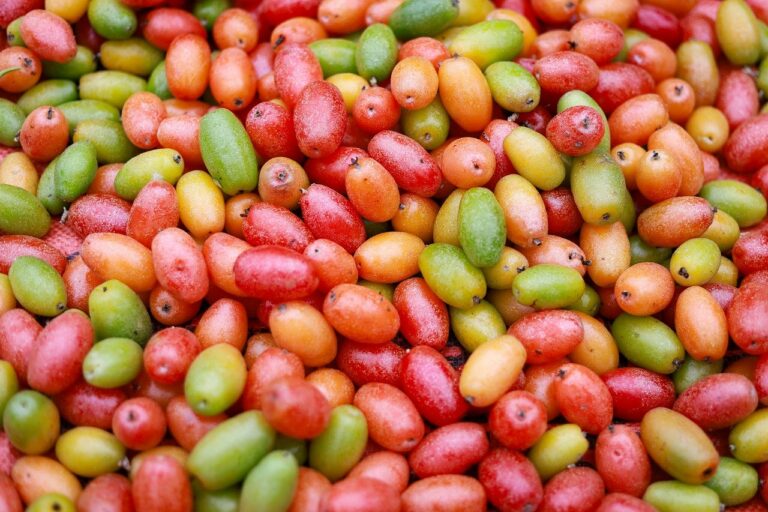Enhancing Food Security Through Climate-Resilient Agriculture Practices
When analyzing food security, it is crucial to consider various factors that play a significant role in ensuring access to sufficient, safe, and nutritious food for all. One of the key factors influencing food security is the economic status of individuals and communities. Poverty and lack of financial resources can hinder people’s ability to afford and access nutritious food, leading to food insecurity in many regions across the globe.
Another critical factor that affects food security is the availability and accessibility of food within communities. Limited access to markets, inadequate infrastructure, and transportation challenges can restrict people’s ability to obtain a diverse range of food options, impacting their overall food security status. In addition, natural disasters, conflicts, and environmental degradation can disrupt food production and distribution systems, further exacerbating the issue of food insecurity for vulnerable populations.
Impact of Climate Change on Agriculture
Climate change has emerged as a significant threat to global agriculture, leading to unprecedented challenges for food security. Changes in temperature and rainfall patterns have directly impacted crop yields and livestock production, disrupting food supply chains and increasing the vulnerability of farmers to economic losses.
Moreover, extreme weather events such as floods, droughts, and heat waves have become more frequent and intense, further exacerbating the challenges faced by agricultural systems. These climatic disruptions not only affect crop growth and productivity but also pose risks to important agricultural practices such as irrigation, pest control, and soil health management.
Importance of Sustainable Farming Techniques
Sustainable farming techniques play a crucial role in ensuring long-term food security and environmental preservation. By utilizing practices that minimize the use of harmful chemicals and prioritize soil health, farmers can maintain the productivity of their land for future generations. These techniques not only benefit the environment but also contribute to the production of healthier and more nutritious crops.
In addition to promoting environmental sustainability, sustainable farming techniques can also enhance the resilience of agricultural systems to the impacts of climate change. Practices such as crop rotation, cover cropping, and agroforestry help to mitigate soil erosion, improve water retention, and increase biodiversity on farms. By adopting these techniques, farmers can better adapt to changing weather patterns and ensure continued food production in the face of environmental challenges.
Sustainable farming techniques prioritize soil health and minimize the use of harmful chemicals
These practices help maintain the productivity of land for future generations
The production of healthier and more nutritious crops is a direct result of sustainable farming techniques
Sustainable farming techniques enhance the resilience of agricultural systems to climate change impacts
Crop rotation, cover cropping, and agroforestry mitigate soil erosion and improve water retention
Increased biodiversity on farms helps farmers adapt to changing weather patterns
What are some factors affecting food security?
Factors affecting food security include climate change, soil degradation, water scarcity, and loss of biodiversity.
How does climate change impact agriculture?
Climate change can lead to unpredictable weather patterns, droughts, floods, and pest infestations, all of which can negatively impact crop yields and food production.
Why is sustainable farming important?
Sustainable farming techniques help preserve the environment, conserve natural resources, and ensure the long-term viability of agriculture. They also promote food security by improving crop resilience and reducing reliance on harmful chemicals.
What are some examples of sustainable farming techniques?
Examples of sustainable farming techniques include crop rotation, cover cropping, integrated pest management, organic farming, and agroforestry.
How can farmers implement sustainable farming practices?
Farmers can implement sustainable farming practices by adopting conservation tillage methods, reducing chemical inputs, diversifying crops, and using efficient irrigation systems. They can also participate in programs that promote sustainable agriculture and receive training on best practices.







